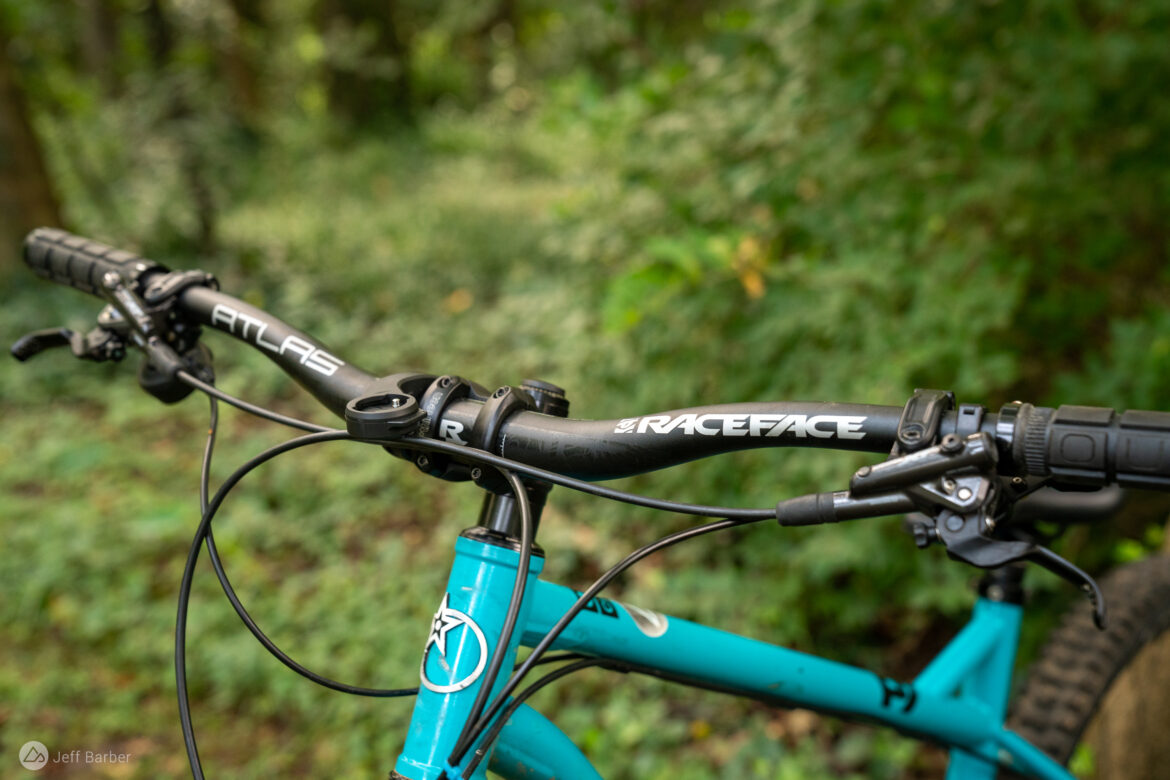
The Race Face Atlas 35 handlebar, with its 35mm rise and 820mm width is said to be more gravity than trail oriented. I decided to test the Atlas on my hardtail this summer anyway, and found that not only is it a great fit for trail riding, it feels great too.
Race Face Atlas 35 specs
The Race Face Atlas 35 is so named for its 35mm clamp diameter, though it just so happens the version I tested also features a 35mm rise. There’s also a 20mm rise version that’s perhaps better suited to riders looking for a slightly lower grip height, or those who don’t ride particularly steep trails. I’m not sure I would classify the Atlas as a full-on riser bar, but it’s up there. Call it a medium rise.
At 820mm wide, the Atlas 35 should be wide enough for almost any scenario. The 7075 aluminum alloy bar is cuttable down to 770mm if you so desire with helpful markings at 10mm increments.


Rounding out the dimensions, the Race Face Atlas 35 has 8° of back sweep and 5° of upsweep. My bar weighs 322.1g which is a slightly heavier than the advertised 300g weight but still good for a gravity-oriented alloy handlebar.
Race Face says the Atlas is their most popular model, and buyers can choose from seven different colors. My test sample is the black colorway.
Mounting up and hitting the trail

I mounted the Race Face Atlas 35 handlebar to a stem from e*Thirteen, which from a branding perspective, is a major faux pax. It’s okay though, I’m just a regular guy, not a sponsored rider, and sometimes regular riders mix and match components. However one practical implication of mixing the Atlas 35 bar with a stem from another brand that I discovered is the alignment marks don’t, well, align. Even after futzing with the placement for a while it still doesn’t look like the RF logo is quite centered in my stem, though the bar at least feels centered. Curiously the matching Race Face Atlas stem doesn’t even have an open face like my e*Thirteen stem, so getting the bar logo perfectly centered with that stem isn’t a concern. The Atlas stem also has angle markings for dialing in just the right rotation, which my e*Thirteen stem does not have.
The Atlas feels great riding fast, chunky trails, even on an unforgiving hardtail. Some bars can feel particularly harsh on rear wheel hits that reverberate through the frame and all the way up to the grips, but not the Atlas. While larger diameter 35mm bars tend to get a bad rap for feeling overly stiff, the drawn and shaped 7075 alloy does a decent job damping the bad vibes. I think the wide, 820mm width also helps here, allowing the bar to flex just enough along its length.
That extra bit of width, combined with a standard 8° backweep and 5° upsweep, gives riders a ton of control, especially at speed where the ability to make micro adjustments is key. Yes, I got hung up between trees on my usual trails more than I would have liked, but when the trails open up and turn down hill, the tradeoff is more than worthwhile. Another advantage is the Atlas 35s offer a ton of real estate for mounting a light, GPS, and pretty much anything else you might want to strap on for the ride.
Pointing the bike down, I found the 35mm rise is just the right amount to keep the bike stable and weighted properly without feeling weird for the rest of the ride. I tested some bars with a 50mm rise earlier this year and while they felt amazing on the descents, they made it difficult to weight the front wheel while climbing. The Race Face Atlas 35 handlebars strike a nice balance between being an aggressive bar for descending while also offering a comfortable position for pedaling the flats and climbs.
While concerns about choosing carbon handlebars for aggressive riding have largely dissipated over the years, the last few holdouts will appreciate the durability of the alloy Atlas. Ham fisted home mechanics don’t need to worry so much about torque values when mounting brake levers, and the fatigue resistance of 7075 aluminum promises a bar that will outlast most bikes.
Bottom line: The Race Face Atlas 35 handlebar is a great choice for trail riding, offering a more aggressive posture for descending without compromising comfort and control too much on the flats and climbs.
Party laps
- Durable and good ride feel
- Nice shape and size for more aggressive trail riding
Pros and cons of the Race Face Atlas 35 handlebar.
Dirt naps
- Need the Atlas stem to take full advantage of easy setup













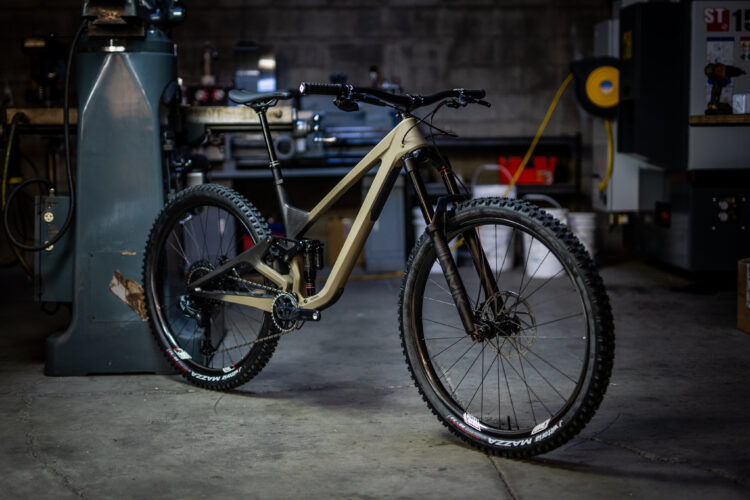
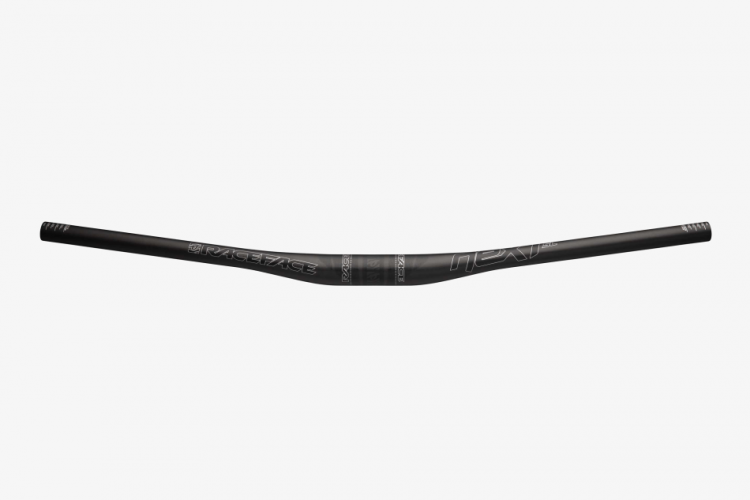

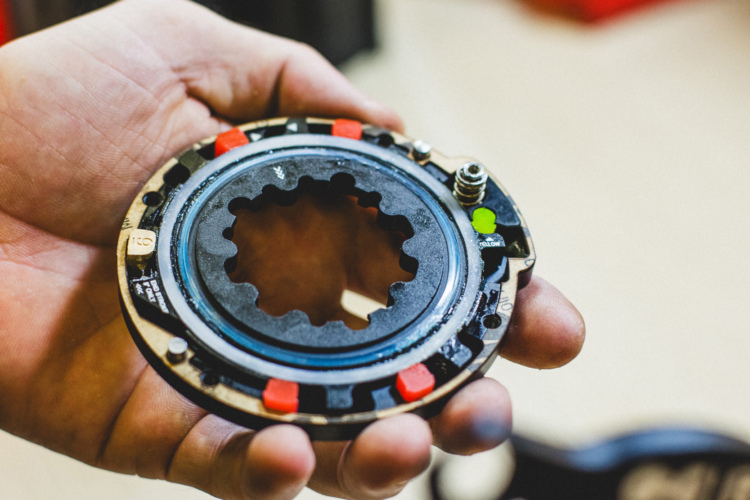
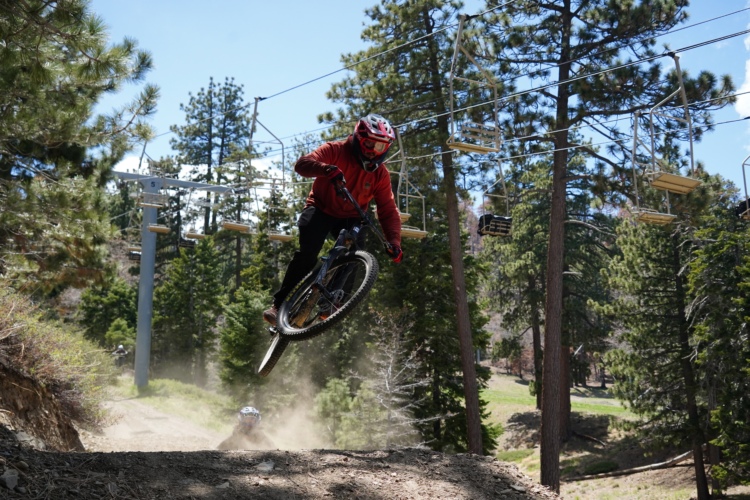
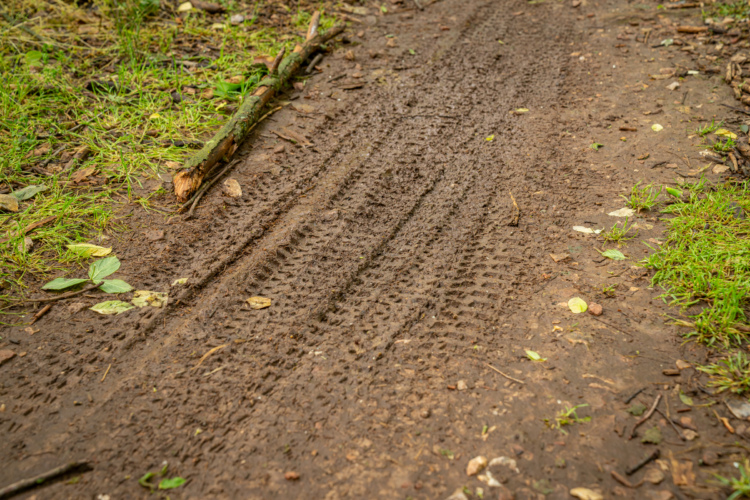


2 Comments
Sep 28, 2022
Sep 29, 2022
Now, if only I could find a bar, 800mm 10°up, 12° back and 40-50mm rise, I would be trialsin and havin a great time.
Disclaimer; I've hooked a few things ovcer the years and have the scars as a reminder...